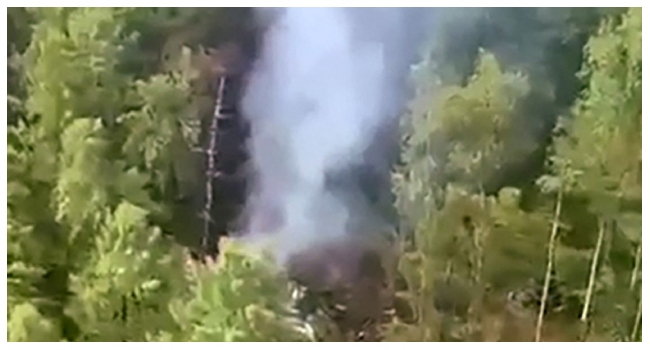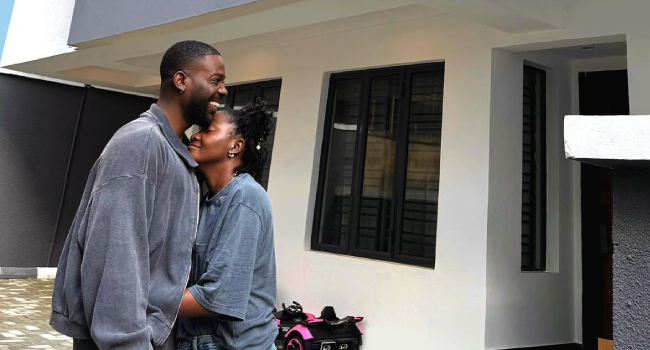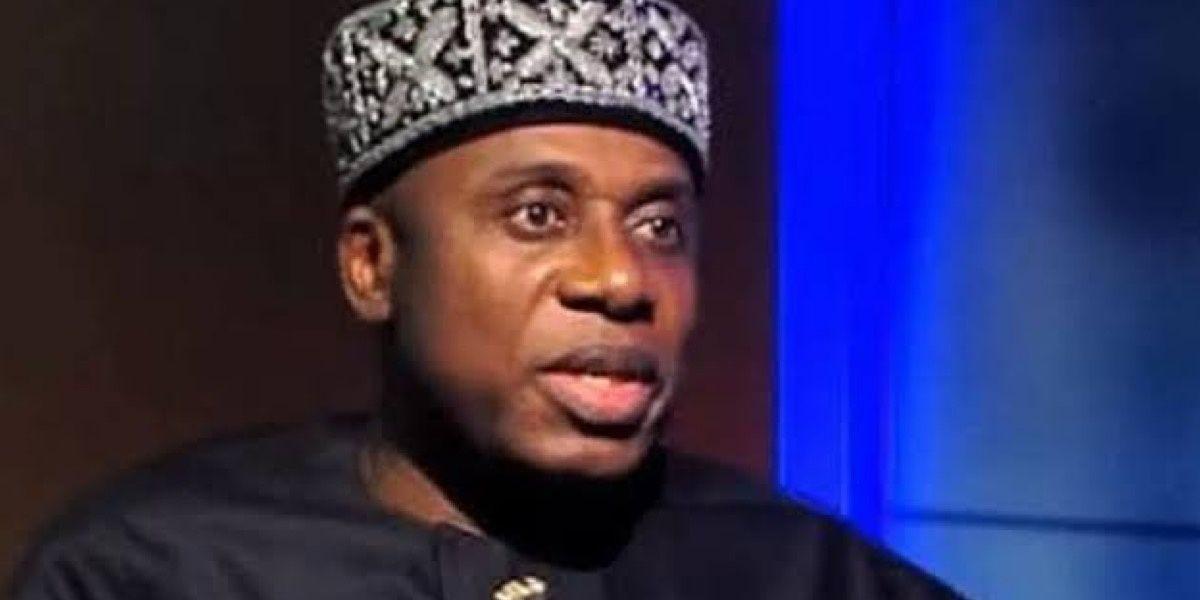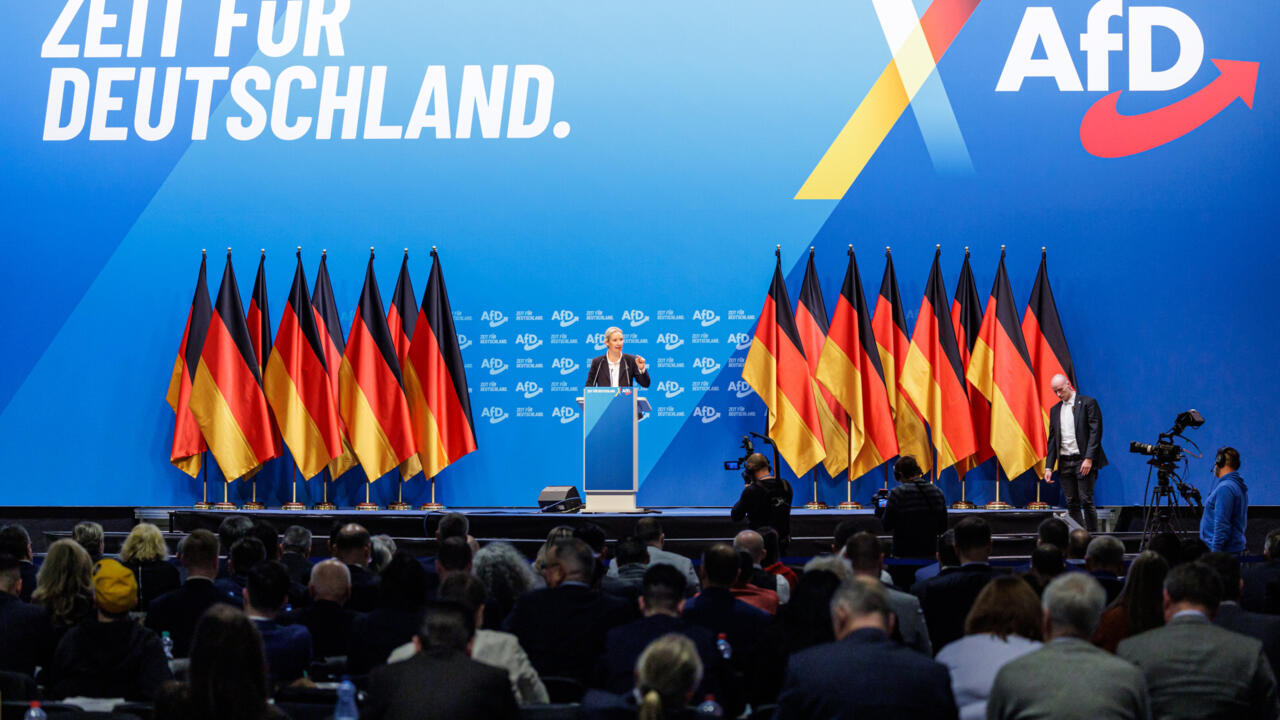Germans headed to the polls on Sunday in a pivotal election, with conservative candidate Friedrich Merz emerging as the frontrunner after a campaign dominated by a far-right surge and the dramatic return of U.S. President Donald Trump.
Polling stations opened at 8:00 a.m. (0700 GMT), with more than 59 million eligible voters. First exit poll estimates are expected once voting concludes at 6:00 p.m. (1700 GMT).
Merz, leader of the Christian Democratic Union (CDU), has promised a sharp shift to the right in a bid to reclaim votes from the far-right Alternative for Germany (AfD), which is poised for a record performance following a series of deadly attacks linked to asylum seekers.
Should he replace embattled center-left Chancellor Olaf Scholz, as polls suggest, Merz has vowed to amplify Germany’s role in Europe at a time of geopolitical turbulence.
The election comes amid mounting tensions between the U.S. and its European allies, exacerbated by Trump’s controversial outreach to Russian President Vladimir Putin, bypassing European leaders in efforts to resolve the Ukraine conflict. NATO members, particularly Germany, have expressed concerns over the alliance’s future as Trump continues to challenge traditional security agreements.
Despite Merz’s strong lead, forming a coalition government could take weeks, prolonging political uncertainty in Berlin.
Adding a twist to the campaign, the AfD has enjoyed backing from Trump’s circle, with billionaire Elon Musk openly endorsing it as the only party capable of “saving Germany.” When asked about the German elections, Trump responded dismissively: “I wish them luck, we got our own problems.”
At his final rally in Munich, Merz exuded confidence, proclaiming, “We will win the elections, and the nightmare of this government will be over.”
Trade War Looms as Major Concern
Germany’s next leader will face economic uncertainties, particularly if Trump escalates trade disputes that could further strain Germany’s recession-hit economy. Scholz will remain in office as caretaker chancellor until a new coalition is formed—an outcome Merz hopes to finalize by Easter.
Up to 30% of voters remained undecided just days before the election. Among them, Berlin resident Sylvia Otto, 66, voiced her stance: “I still find it difficult to decide, but I want a shift to the right.”
At an AfD rally in the capital, a supporter identified as Christian, a 49-year-old engineer, praised party leader Alice Weidel: “She’s tough and forcing the other parties to adopt AfD’s policies.”
Security Concerns Drive Political Debate
The election follows a spate of high-profile attacks attributed to asylum seekers. In December, a car-ramming at a Christmas market killed six people, with a Saudi national arrested at the scene. Subsequent attacks included a stabbing spree targeting kindergarten children and another car-ramming incident in Munich.
Most recently, a Syrian man was arrested on Friday after allegedly stabbing a Spanish tourist at Berlin’s Holocaust memorial while reportedly expressing intentions to “kill Jews.”
Merz has pledged stricter border controls and detainment of asylum seekers awaiting deportation, while the AfD insists that Germans will opt for “the original” anti-immigration stance.
The political landscape remains volatile as Germany braces for its most consequential election in recent years.












